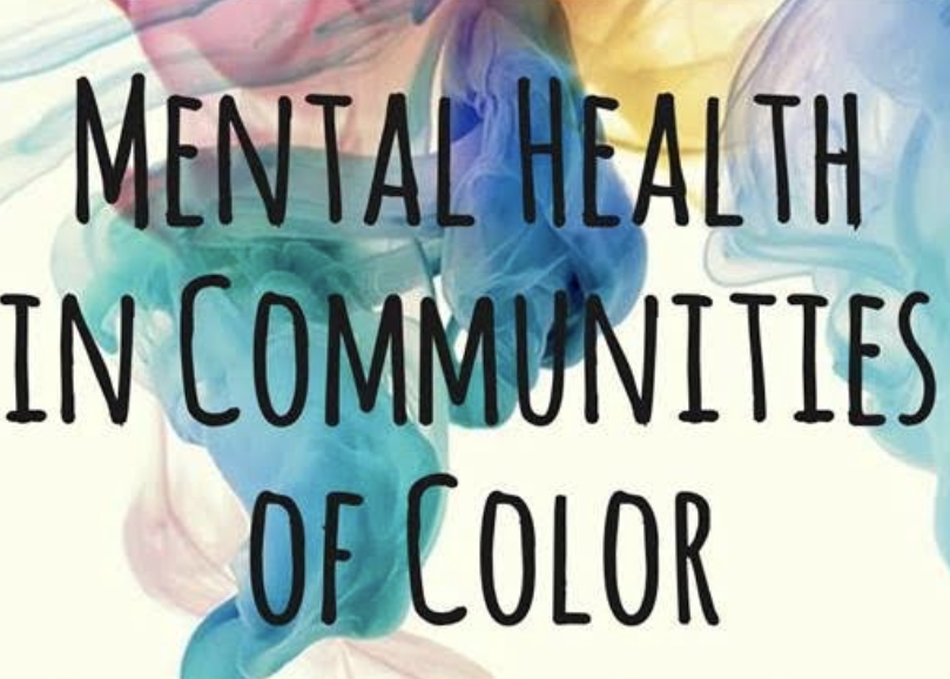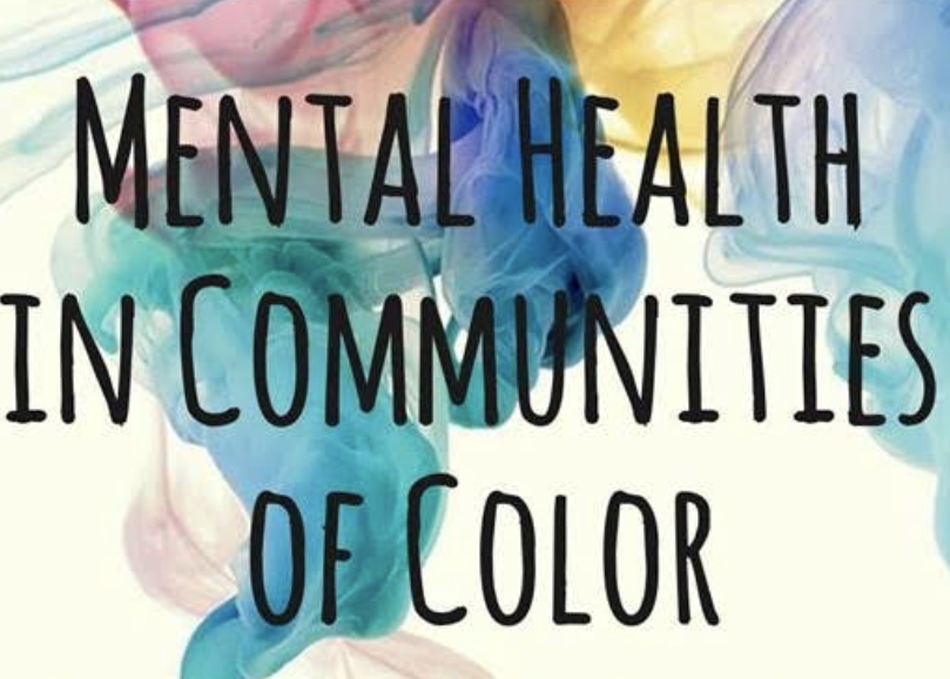Photo courtesy of South by Southwest
At the end of a long day at South by Southwest, this panel validated festival-goers who stuck around to learn about mental wellbeing in communities of color, placing an important spotlight on marginalized groups that are otherwise ignored.
Story by Zoya Zia
Four speakers participated in “Advancing Mental Wellbeing in Communities of Color,” and each brought their own backgrounds, expertise and perspective to the table. From raising awareness to promoting access to treatment and recovery, these speakers take initiative to address health disparities. Lauren Carson founded Black Girls Smile Inc. to encourage ownership over one’s mental health, Shanti Das founded Silence the Shame to fight stigma, Nadia Richardson founded No More Martyrs to use research and storytelling strategies for healing and advocacy, and David Rivera advises the Steve Fund, which fills institutional gaps in resources by working with stakeholders to support students of color.
Carson started the panel by asking the speakers to focus on why this conversation, specifically in minority communities, is different from general conversations about mental health. As a two-time suicide survivor, she opened up about her experience being diagnosed with depression at 15. She remembered searching “black girl depression” on Google and not finding any results that validated how she felt. Now, she hopes that her efforts with Black Girls Smile offers support through the processes of education, treatment and recovery.
Das also has a personal story that she shared with the audience. Before she was a toddler, her father died of suicide. Raised by a single mother in the black community, she said she did not have a chance to talk about her loss with her siblings. This trauma, left untreated, persisted into her adult years. At Silence the Shame, she works to peel back layers of pain and stigma around mental health by creating safe spaces for education and community-building.
The two other speakers, Richardson and Rivera, have years of research behind their initiatives. Richardson is an interdisciplinary researcher who looks at the social determinants of health and health disparity, recognizing that inequalities place communities of color at greater risk of mental illness. Part of the catalyst behind No More Martyrs, Richardson described the response to the high-profile suicides of three black women a few years ago. “They were called selfish and weak, some said ‘they were educated’ and they had career and financial success,” Richardson says. “We need to question what depression looks like.”
Rivera also provided context to his efforts as a psychologist and advisor at the Steve Fund. The Steve Fund started out of tragedy when a black family lost their son to suicide. Rivera tied institutional inequalities, as experienced by minorities, to a lack of resources. “Mental health as a system is broken,” Rivera says. “The institution privileges some and is built on Eurocentric ideas of healing and help, which do not mesh well with collectivist backgrounds. We need to interrupt and disrupt systems so they are more inclusive of communities of color.”
To move into the discussion about what these communities face and need, Carson tied her own story to those of others. “I wore a mask wherever I went, I played basketball at a top university but I did not allow people to support me,” Carson says. “Now I have a network of individuals that I can reach out to if I feel like I’m struggling.”
Having support is critical to working through mental illness, especially since treatment options are expensive and not always included in health care insurance policy. “You need someone to listen to you, to show empathy and support in what you are going through,” Das says. “I had to let others in and stand up for myself. You need to stop comparing yourself to other people and put your oxygen mask on first.”
Part of putting on this oxygen mask is sitting down and self-advocating. “Even if there are not enough mental health care providers that look like us, that we can feel comfortable sharing our experiences with, think about what you want to get out of a therapeutic relationship,” Carson says. “Express your goals and your desires.”
As minorities build networks of support, however, a gap in resources persists in the society around them. “We have to conceptualize the institution as sick, built for the privileged,” Rivera says. “Mental illness impacts education, employment, healthcare, a lot of society. The people are a manifestation of that illness.”
Richardson also criticized institutions, which include schools and workplaces, for pushing minorities to the margins and ignoring their needs. “Don’t make assumptions or try to speak for someone you’re not, but be culturally competent,” Richardson says. “If you’re going to talk the talk about diversity, you have to walk the walk.”
To equip schools with guidelines to implement programs and resources that support students of color, the Steve Fund and the JED Foundation created the Equity in Mental Health Framework. Rivera encouraged students in the audience to hold their universities accountable for providing the resources that they deserve, which are outlined in this framework.
The panel went over the hour time limit, as panelists and audience engaged in a much-needed and validating discussion. Facing a disproportionate vulnerability to mental illness, communities of color navigate multiple marginalized identities and may not feel fully themselves. Das added that racism is at the forefront of her work. However, being willing to discuss mental wellness can address unprocessed trauma and foster networks of support. The journey to recovery does not have to begin from a crisis. “It is about meeting people where they are,” Carson says.
The speakers thanked the audience for taking time to listen and share their perspectives and offered their contact information for those seeking to continue the conversation. Other important contacts include the National Institute of Mental Health, the National Alliance on Mental Illness. If you are a young person of color and need to talk to someone about these issues, text STEVE to 741741 to connect with a trained crisis counselor for free 24/7.
Lauren Carson – Black Girls Smile, [email protected]
Shanti Das – Silence the Shame, [email protected]
Nadia Richardson – No More Martyrs, [email protected]
David Rivera – Steve Fund, [email protected]












































